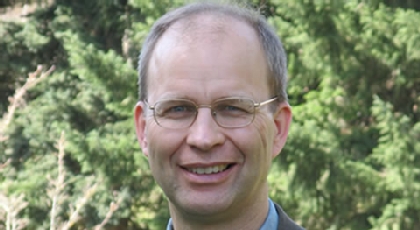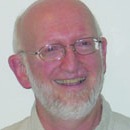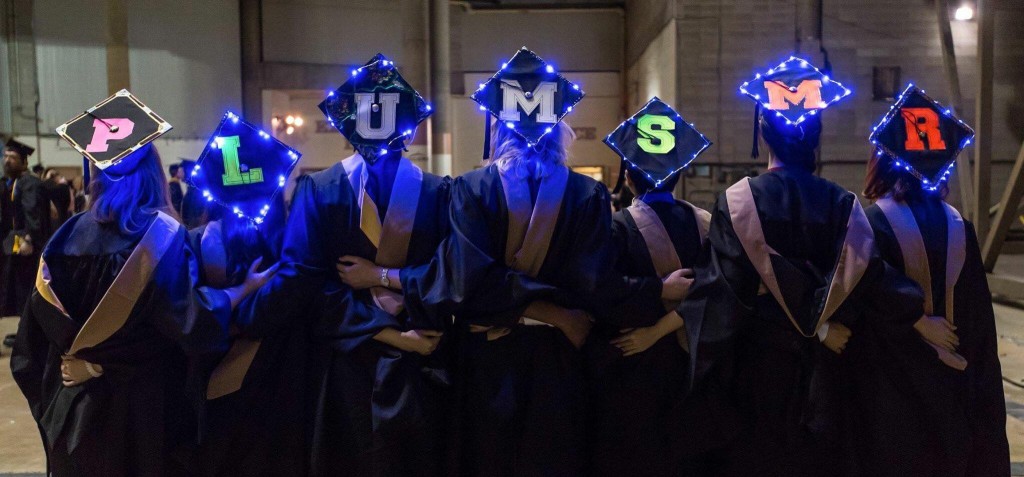Page 97 • (1,337 results in 0.029 seconds)
-
4. Learning and research within communityLutheran education is indelibly marked by a love of liberal and collegial learning. It was, in fact, a group of Wittenberg scholars – working together – who launched the reform of education, ethics, language study, marriage, music, social welfare, and theology – to mention only a few. Such reform began with the serious questioning of the status quo, a questioning which led the authorities of church and state to brand Luther as a heretic and a criminal
-

in lively, passionate, yet respectful conversation on the pressing issues of the day. “Clearly he was a major influence in shaping what I am presenting in the lecture.” Brocker is the lead pastor at St. Andrews Lutheran Church in Beaverton, Ore. and a lecturer in theology and ethics at Pacific Lutheran Theological Seminary. He has served as volume editor for Conspiracy and Imprisonment 1940-1945, volume 16 of Dietrich Bonhoeffer Works (DBWE), and as co-editor for Ecumenical, Academic and Pastoral
-

Studies, published by Edinburgh University Press. Much of her other published works appear in academic journals including Victorian Literature and Culture, Victorian Poetry, and Theology and Literature. Read Previous Three students share how scholarships support them in their pursuit to make the world better than how they found it Read Next Emma Stafki ’24 recognized for capstone documentary “Echos of the Sound” COMMENTS*Note: All comments are moderated If the comments don't appear for you, you might
-
, Professor of Liturgy Emeritus, Lutheran Theological Seminary at Philadelphia SCC 10:45am – 11:00am: Break 11:00am – 12:00pm: Presentation Four Animating Hope: Imaging a Vision for Justice and Transformative Action Conversation with presenter Dr. Barbara Rossing, Professor of New Testament, Lutheran School of Theology at Chicago SCC 12:00pm – 12:15pm: Overview of Workshops Conference participants are able to attend three of five workshops. 12:15pm – 1:30pm: Lunch Anderson University Center – The Commons
-

about a half a centimeter in diameter and is from the early Eocene. He shared his passion for these cold seep deposits with our students and he mentored a number of capstone projects on the topic over the years. He has also served the greater community with passion, giving presentations in K-12 classrooms, as a trustee of the Northwest Scientific Association, and in many lesser known capacities, such as serving as a range master and safety officer at the Gig Harbor Sportsman’s Club. He has always
Contact Information -
. Mary Baker Russell West (on path through woods): Big Oak Tree, possibly 300 years old. Betula nigra Memorial Gym West: The three southern Magnolias (Magnolia grandiflora) succumbed to ice damage and were replaced with June Snow Dogwood (Cornus controversa ‘June Snow’). The Magnolia’s are coming back from the roots. Northeast: Cedar Deodar (Cedrus deodara) is an evergreen tree. Male trees produce catkins that hold copious amounts pollen, which is spread in the early spring. Female trees have 3-5
-
your research with a preliminary Google search or a perusal of Wikipedia. Wikipedia is not a scholarly or academic source, but it can be a useful tool in the early parts of your research. Although anyone can edit Wikipedia, it has strict rules and guidelines for citations and is frequently checked for misinformation. Though it is not always appropriate to cite wikipedia in your final research project, it can provide basic information to guide you in the research process. For more information on how
-
questioning, the preparation of citizens in service to the world, and its own ongoing reform. They express and support what rightly rests at the center of personal and national life: a vibrant intellectual tradition committed to asking significant questions. 1. Critical questioning of current knowledge and values Early in his academic career, Martin Luther gained a reputation for questioning the economic, educational, political, religious, and social norms which many of his peers took for granted. Such
-

program has given me the confidence to clearly craft recommendations that are used to develop the organization’s future. While there is a lot of pressure, the rewards are limitless. What advice do you have for current MSMR Candidates? In hindsight, my advice would be to start looking for employment early, utilize the University and School of Business as they are a great resource, and choose your path wisely. The School of Business is made up of amazing people who all want you to succeed after
-
great teaching experience – he’s teaching some of his fellow players Spanish, and he’s learning some Norwegian. Taylor plans to major in global studies and journalism and take those skills back to Tumaco, Colombia, where he plans to do volunteer work in literacy camps. The region is very important to him – he was adopted at an early age and lived in Gig Harbor, Wash., but Tumaco is where his birth parents are from. He relishes the opportunity to return to the area and give back to those who have not
Do you have any feedback for us? If so, feel free to use our Feedback Form.


